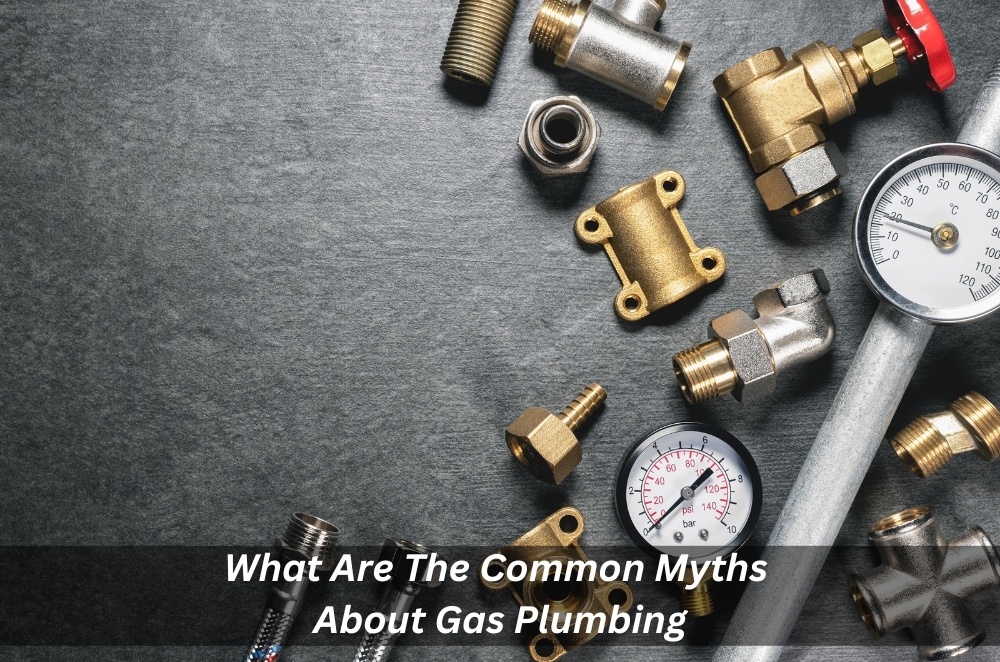What comes to your mind when you hear the words gas plumbing and gas services? What are the common plumbing myths about it?
Gas plumbing is an important part of any home’s plumbing system. It is a potentially dangerous system and complex activity that requires a professional gas plumber's proper skills and knowledge.
It is not to be taken lightly and can have serious consequences if done incorrectly. Unfortunately, there are also a lot of myths out there that can be intimidating and confusing for homeowners who don’t know much about them.
This article aims to uncover the truth behind some of the widely-held beliefs regarding gas plumbing. We will look at common myths associated with it, explore their origins and examine the facts behind them so you can make an informed decision when it comes to installing or repairing your gas pipes.
Myth 1: Gas plumbing installations require no maintenance
Gas plumbing does require regular maintenance to ensure everything is working as intended. This includes safety testing the systems like your home’s electric or gas hot water system, regularly checking connections and valves to ensure they are in good condition, cleaning dust or having it serviced by a drain cleaner from intake grills at least twice a year, and more.
Myth 2: You don't need professional help when installing or repairing gas appliances or pipes
Proper installation is key with gas piping because even the slightest error can lead to safety issues down the road. While DIY projects may seem innocent and tempting, they should never be attempted without professional training or years of experience in dealing with hazardous materials like natural gas. It is highly recommended to look for gas fitting services to do the job safely and effectively.
Myth 3: Gas piping must always be made of steel or copper
The truth is that a gas pipe is not limited to just steel or copper, but can be made from a variety of materials including PVC, polypropylene (PP) and cross-linked polyethylene (PE-X). Each material has its own advantages and disadvantages when it comes to installation and longevity.
Myth 4: All plumbers work on gas systems
This one isn’t necessarily a myth – but unfortunately, not all plumbers do have the proper training and certification required for safely working on natural gas systems. Before hiring any plumber to install any part of your home's gas system make sure you check whether they are qualified for this kind of job. Look for a fully licensed and professional gas fitter to ensure everything is done right.
Myth 5: The smell of gas implies there’s a leak
Gas leaks should always be taken seriously – but smelling the gas isn’t inherently indicative of an issue in your home's gas system; It needs further investigation with specialized equipment by a certified technician to tell if you really have an issue with your system or nothing else than cooking odours coming out from kitchen stove ventilation through ducts very often described as the bad smell coming out suddenly.
Some common plumbing problems like leaking taps or dripping taps are usually fixed by a DIY-er. But always remember some plumbing repairs are best left to professionals with good customer service.
In conclusion, it is important to be aware of the myths associated with gas plumbing and gas services to ensure that any work performed adheres to the relevant regulations and safety guidelines. Whilst it’s best to leave major installations or repairs in the hands of a qualified expert, a competent DIYer can successfully complete smaller jobs. It’s also important to have carbon monoxide detectors fitted throughout your home so you can be alerted if a gas leak does occur.


No comments yet